The Form A-Z Guide to All the Superfoods You Need to Know
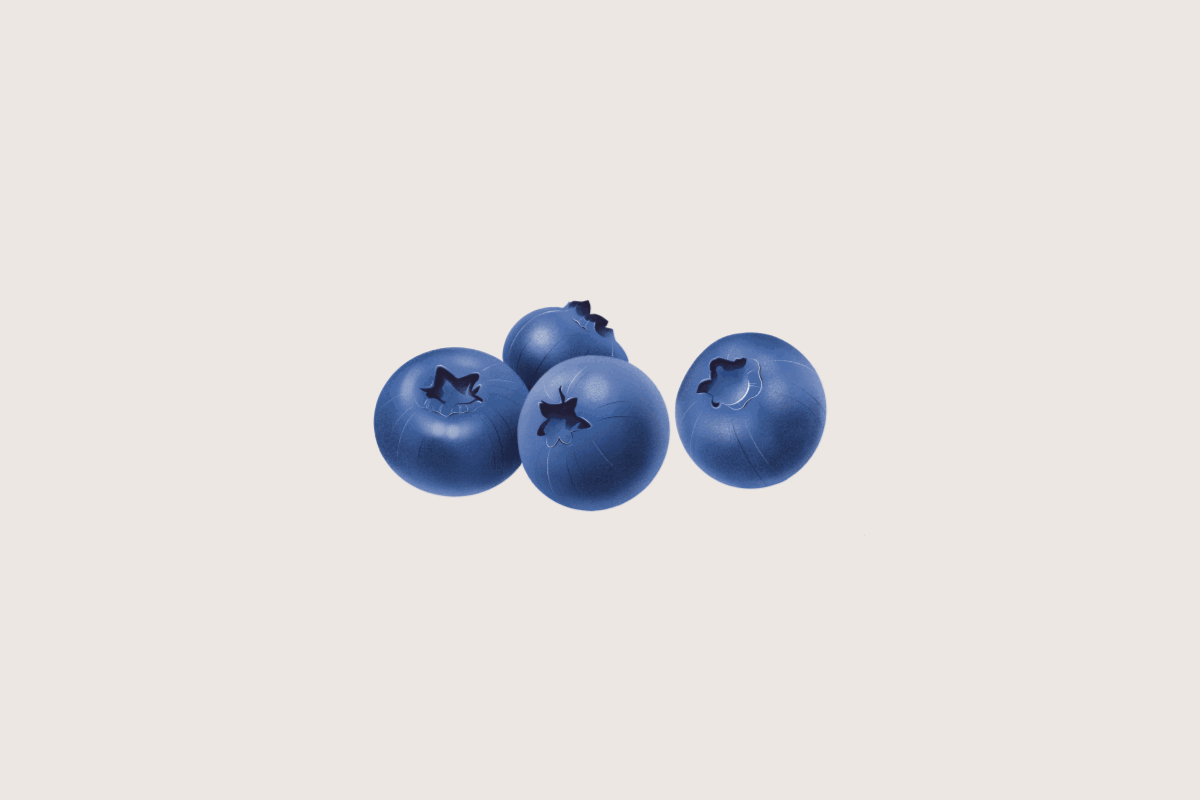
Superfoods are not magic pills that immediately lead to a lifetime of superhuman health. They are, however, particular foods that stand out for the important nutrients they contain and the scientific studies that back them. Here we break down 10 of our favourites.
Blueberries
Antioxidants; you’ll hear a lot about these little lifesavers in this A to Z, and our first superfood is especially crammed full of them. For the uninitiated, antioxidants are substances in food that inhibit a chemical reaction called oxidation which can produce free radicals that may damage our cells and cause all sorts of problems later in life like cardiovascular disease and certain types of cancer.
Anyway, blueberries have them aplenty, along with other important nutrients like potassium and vitamin C (one cup of blueberries provides 24 percent of your RDA), as well as pigments called anthocyanins which can reduce your risk of heart attack by 32 percent according to studies from Harvard School of Public Health.

Coconut Oil
Made from the dried flesh of the fruit, coconut oil is a rich source of medium-chain triglycerides, or MCTs, fat molecules that are so-called because they contain between 6 and 12 carbon molecules. Most foods are rich in long-chain triglycerides, which contain more than 12, but the fact MCTs are shorter means they’re absorbed much faster and are a great energy source. In fact, one study found that MCTs in a pre-workout drink 30 to 45 minutes before training significantly lowered lactate levels and increased exercise time to exhaustion.
Coconut oil is also quite useful for increasing satiety and staving off hunger, mainly by activating the release of peptide YY and leptin, two hormones responsible for promoting the feeling of fullness in the body.

Flax Seeds
Flax seeds first peaked in popularity in the 8th century A.D, when King Charlemagne, believing strongly in their health benefits, passed laws requiring his subjects to consume them.
They are a rich source of omega-3 essential fatty acids, which are termed “good” fats because of their positive impact on our heart health, and can also have a positive effect on both your cholesterol levels and blood pressure.
In a 2014 study in people with high cholesterol consuming 30g of flaxseed powder daily for three months lowered total cholesterol by 17 percent, while a 2013 study on those who were already taking blood pressure medication, found that flax seeds decreased the number of patients with uncontrolled high blood pressure by 17 percent.
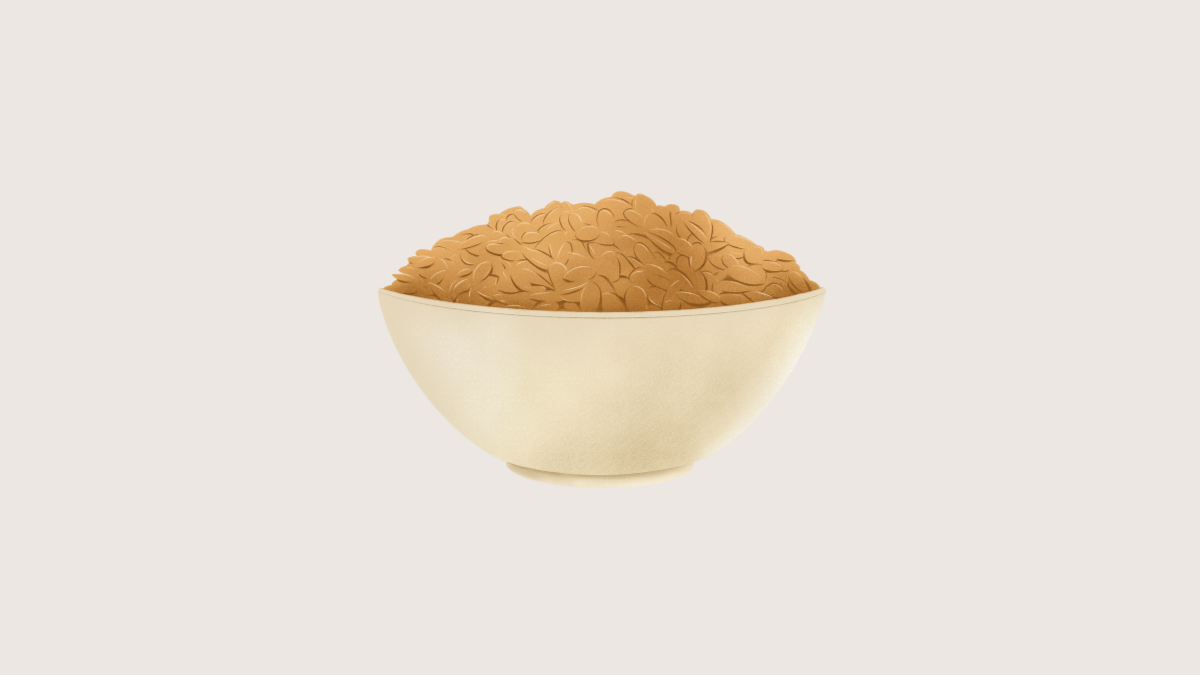
Garlic
Hated by vampires, beloved by nutritionists and health experts, garlic is a real immune booster with the power to improve your T-cell count — white blood cells responsible for fighting foreign particles and keeping your immune system healthy. One study gave 146 volunteers either garlic supplements or a placebo for three months and found those consuming garlic had a 63 percent lower risk of getting a cold.
Garlic consumption has also been linked to improved cholesterol levels, reduced blood pressure, and even increased athletic performance, with a study on those with heart disease finding garlic oil for 6 weeks had a 12 percent reduction in peak heart rate and better exercise capacity.
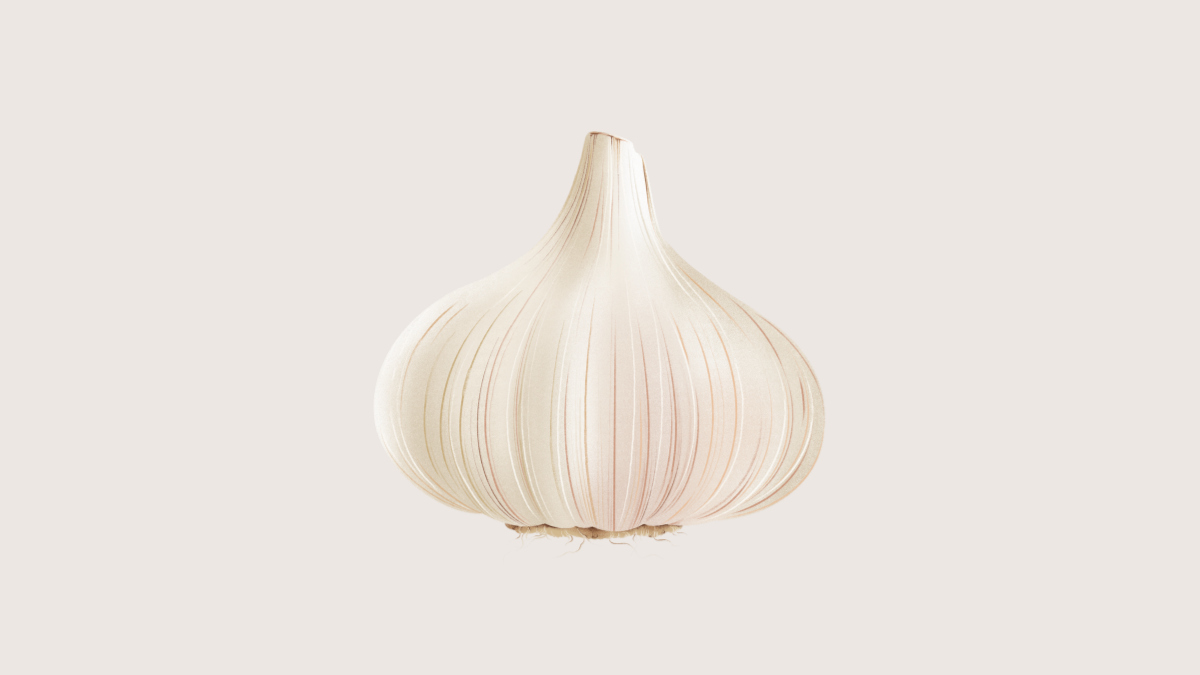
Green Tea
As green tea is unprocessed it’s able to retain its colour, as well as a whole host of beneficial substances like the amino acid L-theanine which works in tandem with caffeine to create a much more stable buzz than drinking coffee, and flavanols, specific antioxidants which fine-tune the functioning of cells.
The data is there too with a population-based study of 14,000 people aged between 65 and 84 years old, finding that those who drank green tea were 76 percent less likely to die during the six-year period the study was undertaken.

Legumes
Legumes are plants that produce a pod with seeds inside and include chickpeas, kidney beans, and lentils. They’re some of the best vegan protein sources around, with one cup of lentils containing around 18g of protein, and are also rich in potassium, iron and magnesium, as well as fibre, which makes them easy to digest (the rule tends to be the smaller the bean, the easier to stomach).
Growing legumes also cleans and fortifies soil, making it easier to grow other crops once the legumes have been and gone, which has made them a favourite in the sustainable farming community.

Maca Root
An adaptogenic herb (a select group of plants that support the body’s natural ability to deal with stress), the maca root plant is native to South America, and looks a bit like a shrivelled turnip with an earthy, nutty taste.
Usually taken as a supplement, either in the form of a pill or as a powder, maca root is rich in flavanols, like green tea, and has similar mental health and energy benefits with a 2009 study finding that using maca extract for 14 days significantly improved performance for male cyclists in a 40km time trial. It’s also high in vitamin C, copper, and iron, the latter of which, coincidentally, is also helpful for sustaining energy levels.
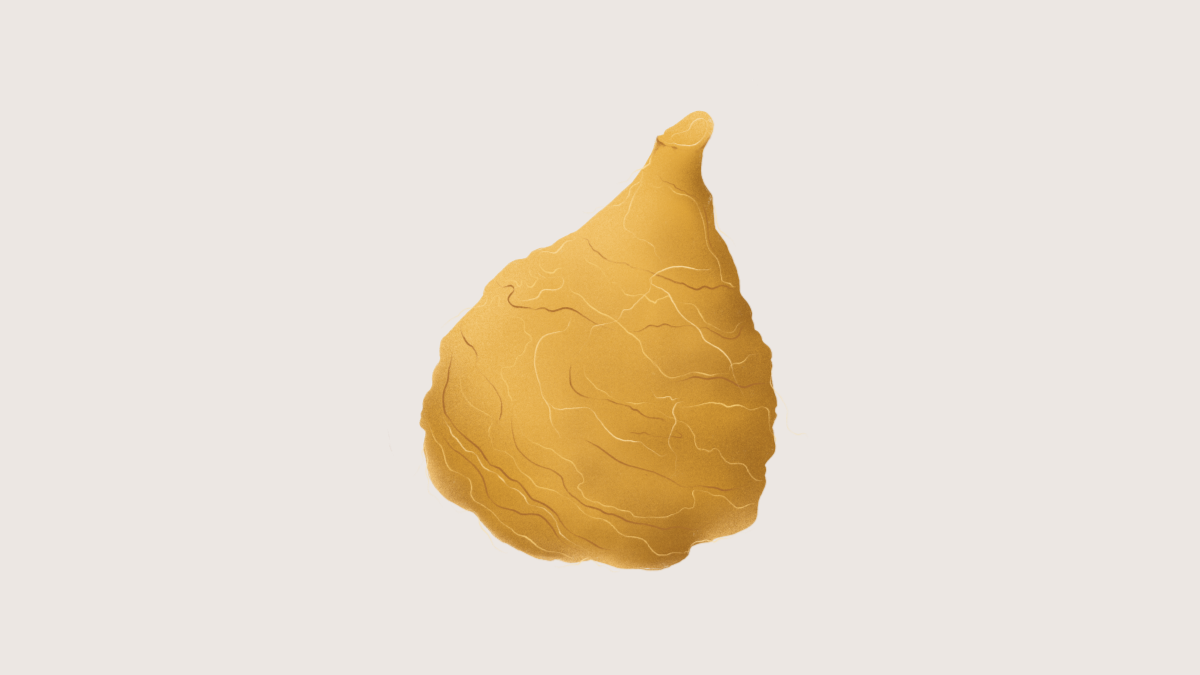
Mushrooms
Magic mushrooms — no, not them ones — are some of the most regularly used superfoods around, and a rich source of antioxidants, B vitamins, copper, potassium and beta glucan — a form of soluble dietary fibre that’s been strongly linked to improving cholesterol and boosting heart health.
Their high levels of polyphenols also make them a worthy brain food, with a study on 25,000 people finding those who regularly ate mushrooms had a lower risk for depression, while a 2019 study found that eating two 3/4 cup servings of cooked mushrooms per week may reduce your odds of mild cognitive decline.

Spirulina
Grown in both fresh and salt water, spirulina is a green-blue algae that has been extensively researched by NASA, and even used in space missions, thanks to its impressive nutritional profile and its potential for being grown out in space. A single teaspoon contains 4g of protein, with all the essential amino acids accounted for, while it also contains a reasonable chunk of your daily required levels of copper and vitamin B.
It’s also a fantastic source of antioxidants, with a study from Ewha University, Seoul on people with type 2 diabetes finding that 8g of spirulina per day significantly reduced markers of oxidative damage.

Turmeric (Or Curcumin)
Turmeric, or curcumin (turmeric is what we refer to when we’re talking about the spice, while curcumin is the main active ingredient in turmeric), is a bright yellow powder produced by the Curcuma longa plant, a member of the ginger family.
This bright yellow colouring hints toward the powerful antioxidant properties inside, while curcumin is also useful for raising the levels of a type of growth hormone that functions in your brain called BDNF. A lack of BDNF has been linked with a number of mental health disorders including depression and Alzheimer’s.
But a 2012 study from Howard University looking into the effect of curcumin on depression, found a profound increase in the production of BDNF, which could lead to a delay, or even a reversal, of these mental health disorders.
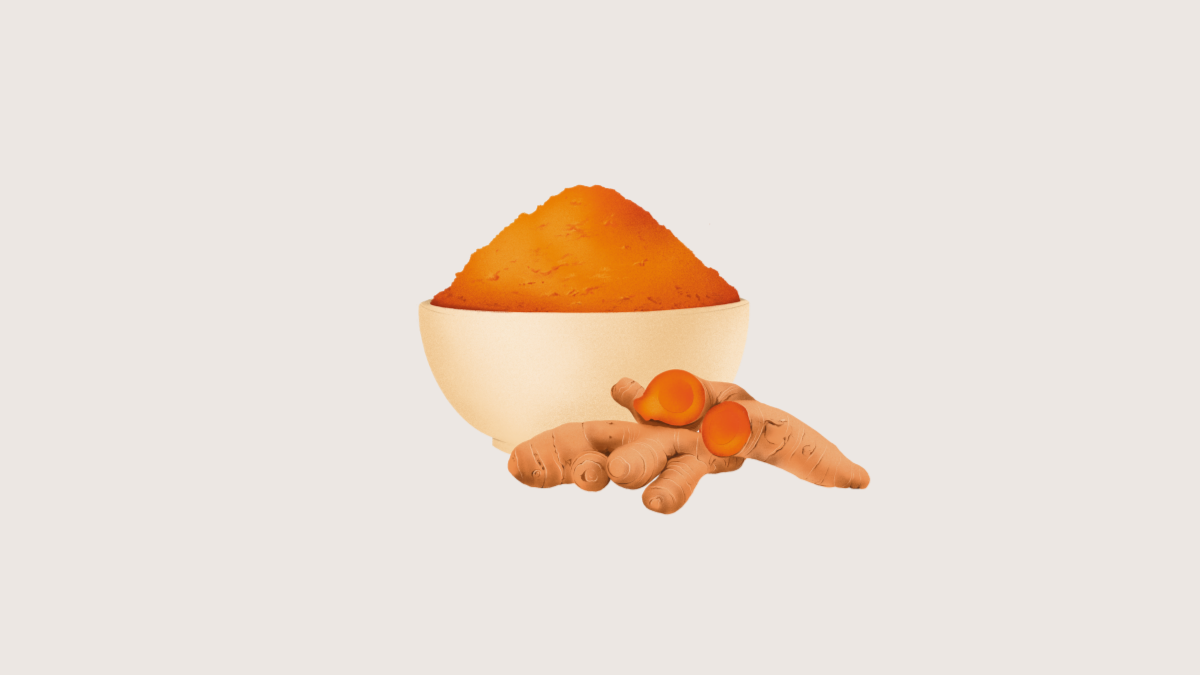
Illustrations: Alisha Poonawala


















